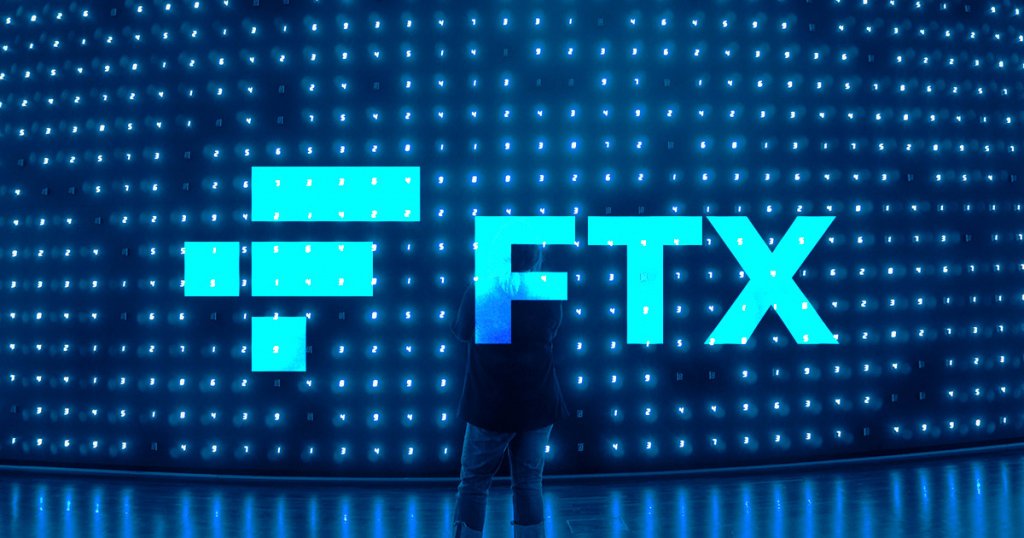Bankrupt Crypto Exchange FTX Agrees to Settle With CFTC for $12.7 Billion
17.07.2024 9:00 1 min. read Alexander Stefanov
The failed cryptocurrency exchange FTX and the US Commodity Futures Trading Commission (CFTC) have reached a $12.7 billion settlement, awaiting approval by a Delaware judge.
According to a court document filed on July 12 in the U.S. Bankruptcy Court for the District of Delaware, the agreement is crucial for the debtors’ proposed Chapter 11 reorganization plan. This settlement aims to resolve ongoing litigation and disputes with one of the debtors’ largest creditors, avoiding further litigation costs and delays, and mitigating the risk of significant asset reductions available for creditors.
The CFTC filed a complaint in 2022 against FTX, former CEO Sam Bankman-Fried, and subsidiary Alameda, alleging fraud and customer losses totaling $8 billion. Initially, the agency sought $52.2 billion in the settlement.
Andy Dietderich, a partner at Sullivan & Cromwell and lead attorney for FTX Debtors, explained that the CFTC pursued its lawsuit to ensure customer and cryptocurrency creditor recoveries exceeded typical Chapter 11 case levels.
The settlement comprises $8.7 billion in restitution and $4 billion in compensation, with the latter subject to the advance payment of all creditor claims. FTX acknowledged the CFTC as the “single most significant creditor” in its Chapter 11 cases, highlighting the substantial liabilities faced by the debtors due to the actions and convictions of FTX insiders.
-
1
Trump Imposes 50% Tariff on Brazil: Political Tensions and Censorship at the Center
10.07.2025 7:00 2 min. read -
2
Key Crypto Events to Watch in the Next Months
20.07.2025 22:00 2 min. read -
3
USA Imposes Tariffs on Multiple Countries: How the Crypto Market Could React
08.07.2025 8:30 2 min. read -
4
UAE Regulators Dismiss Toncoin Residency Rumors
07.07.2025 11:12 2 min. read -
5
Ripple Selects BNY Mellon as Custodian for RLUSD Stablecoin Reserves
09.07.2025 15:28 2 min. read
Two Upcoming Decisions Could Shake Crypto Markets This Week
The final days of July could bring critical developments that reshape investor sentiment and influence the next leg of the crypto market’s trend.
Winklevoss Slams JPMorgan for Blocking Gemini’s Banking Access
Tyler Winklevoss, co-founder of crypto exchange Gemini, has accused JPMorgan of retaliating against the platform by freezing its effort to restore banking services.
Robert Kiyosaki Warns: ETFs Aren’t The Real Thing
Renowned author and financial educator Robert Kiyosaki has issued a word of caution to everyday investors relying too heavily on exchange-traded funds (ETFs).
Bitwise CIO: The Four-Year Crypto Cycle is Breaking Down
The classic four-year crypto market cycle—long driven by Bitcoin halvings and boom-bust investor behavior—is losing relevance, according to Bitwise CIO Matt Hougan.
-
1
Trump Imposes 50% Tariff on Brazil: Political Tensions and Censorship at the Center
10.07.2025 7:00 2 min. read -
2
Key Crypto Events to Watch in the Next Months
20.07.2025 22:00 2 min. read -
3
USA Imposes Tariffs on Multiple Countries: How the Crypto Market Could React
08.07.2025 8:30 2 min. read -
4
UAE Regulators Dismiss Toncoin Residency Rumors
07.07.2025 11:12 2 min. read -
5
Ripple Selects BNY Mellon as Custodian for RLUSD Stablecoin Reserves
09.07.2025 15:28 2 min. read



Good very nice 👍 erinng